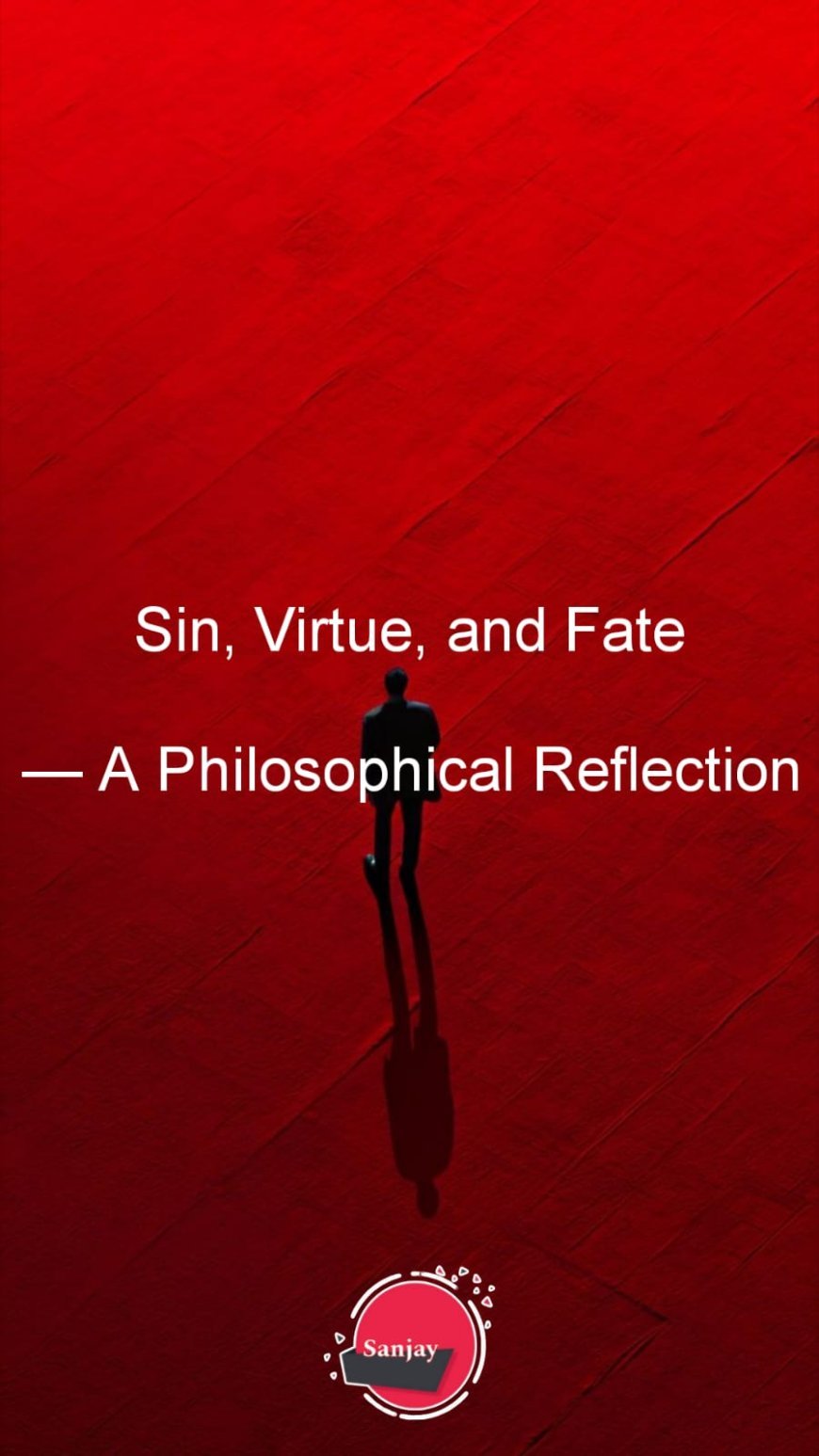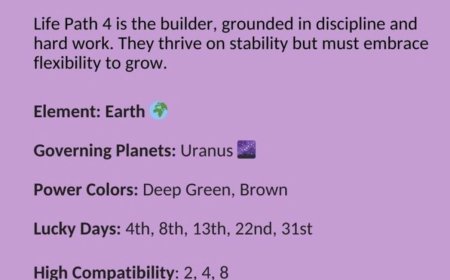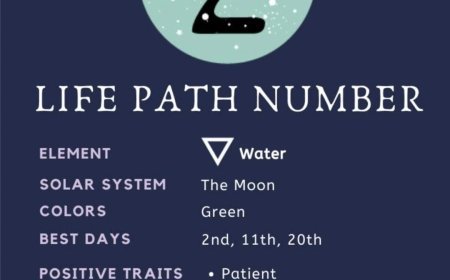Sin, Virtue, and Fate — A Philosophical Reflection

Human life is an unending journey — a disciplined cycle woven from actions and reactions. Whatever we do inevitably bears fruit. Good deeds yield good results, bad deeds yield bad — this is the eternal truth of life. Yet, not every event in life successfully proves this simple equation.
At times, we see: a good person perpetually endures suffering and hardship, while a wrongdoer revels in happiness, wealth, and success. This contradiction stirs rebellion in the mind. A virtuous person asks — “If doing good still brings bad results, then what is the meaning of doing good?”
The answer to this philosophical question lies in the principle of karma.
Three Types of Karma
1. Sanchita Karma (Accumulated Karma):
This is the total storehouse of all good and bad actions from our past lives. It travels with the soul and yields its fruits in due time.
2. Prarabdha Karma (Destined Karma):
That portion of accumulated karma which has “ripened” and is destined to be experienced in this lifetime. It cannot be avoided, for it is the root cause of our present circumstances.
3. Kriyamana (Agami) Karma (Future Karma):
These are the actions we perform in the present — which shape the fate of future lives. This karma gets added to the accumulated store and propels the soul’s journey forward.
This cycle of karma operates ceaselessly in life. One deceives another, or is deceived; one harms another, or becomes a victim. All these are fruits of past actions.
He who wronged another yesterday is today himself a victim of injustice — this is the law of accumulated karma.
A person who does good yet suffers is under the influence of prarabdha karma. However, their present good deeds are not in vain — they are stored as future fruits for the next life.
Karma and the Justice System — Two Different Paths, One Goal
A question arises:
"If everyone is reaping the fruits of their own karma, then is a justice system even necessary?"
The answer is — yes, absolutely necessary.
The law of karma is divine judgment — experienced by the soul.
But the justice system is a human, moral, and social framework, essential to maintain order and peace in this life.
- Divine justice purifies the soul,
- Human justice protects society.
If people reject the justice system thinking, “Everyone will face their karma anyway,” then society would sink into chaos and darkness of injustice.
Because the justice system is the earthly manifestation of the law of karma.
It keeps us on the right path, instills fear of wrongdoing, and makes humans responsible.
Conclusion
Sin, virtue, and fate — these are not mere words, but symbols of a philosophical truth.
Whatever happens in our life is the reflection of our own actions.
But this does not permit us to reject the human justice system.
- God’s judgment corrects the soul,
- but human justice regulates society.
Therefore, maintaining faith in karma along with trust in justice is the true balance of human life.
Sanjay Pattnayak
Sundargarh












































